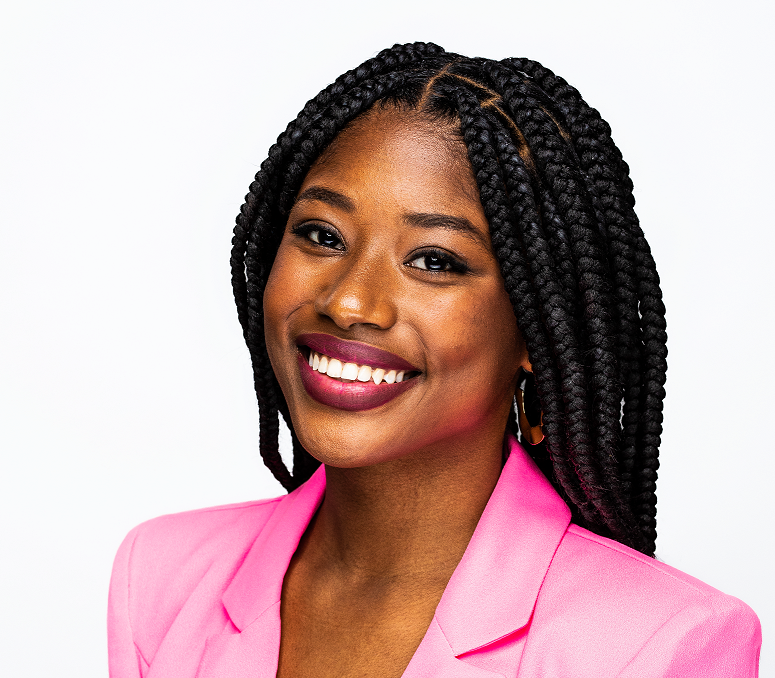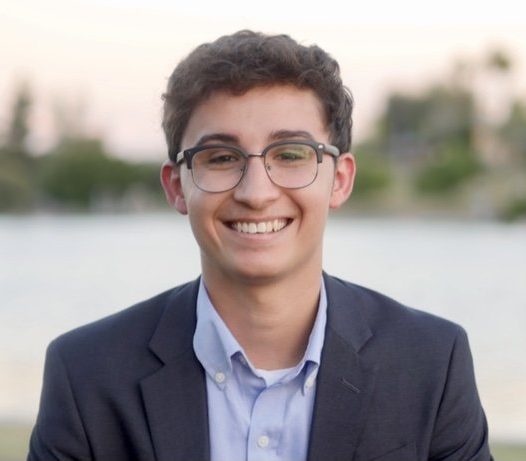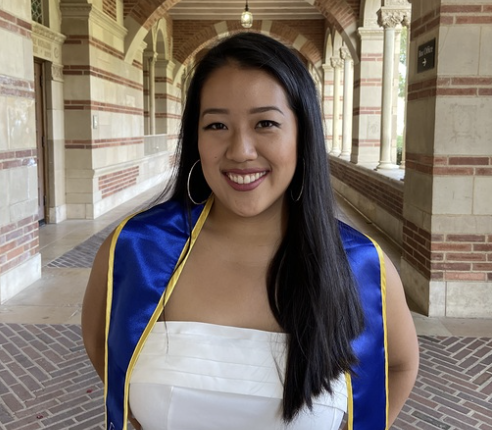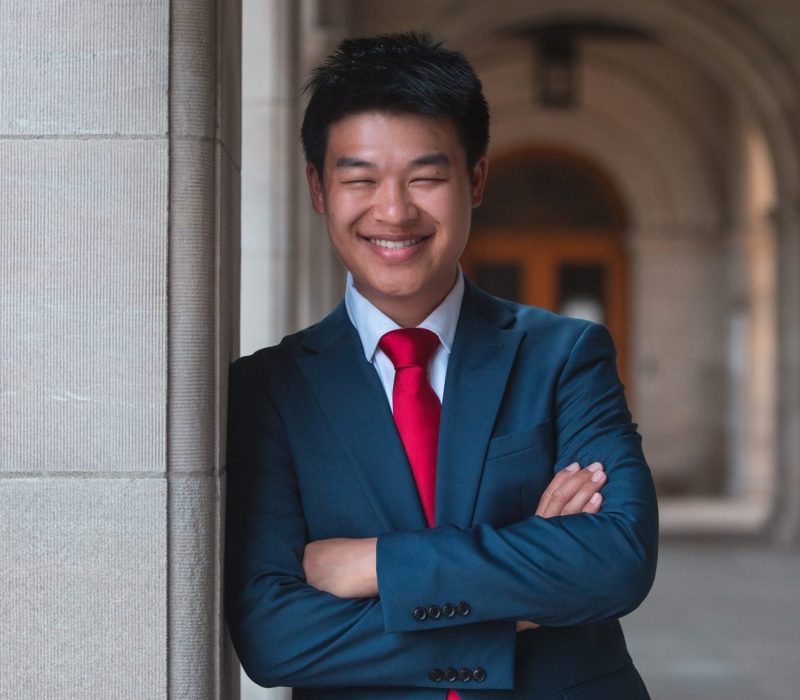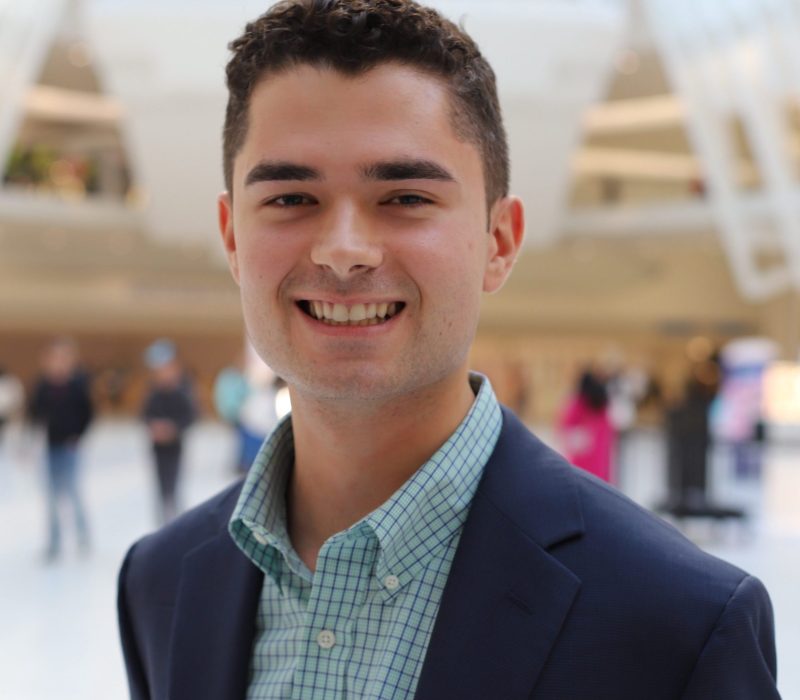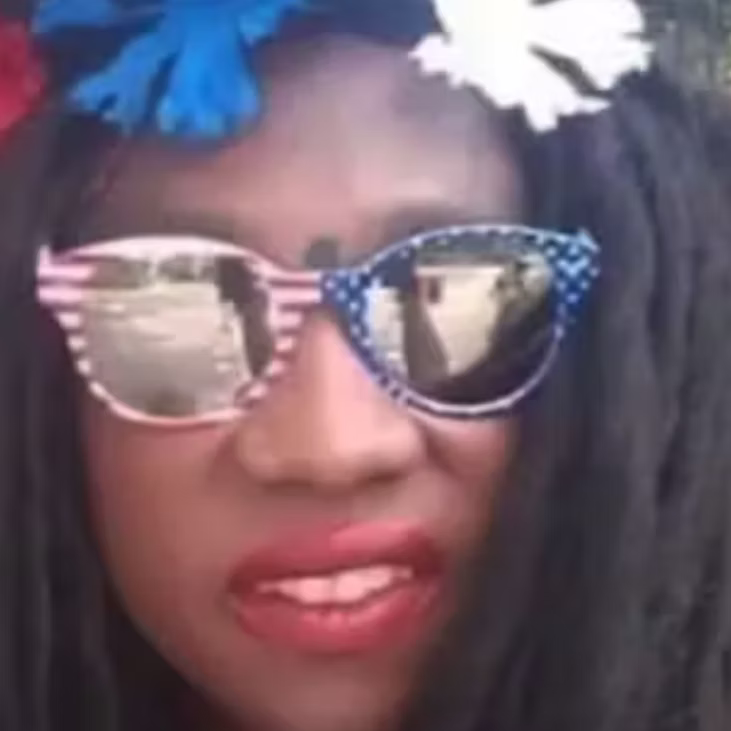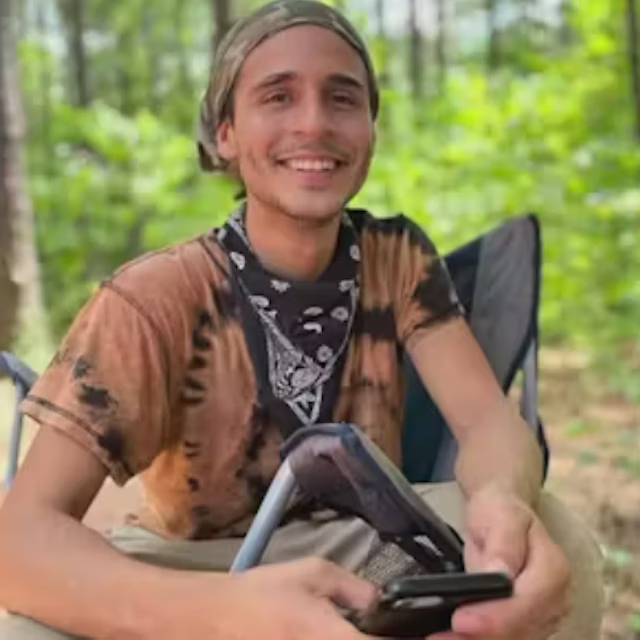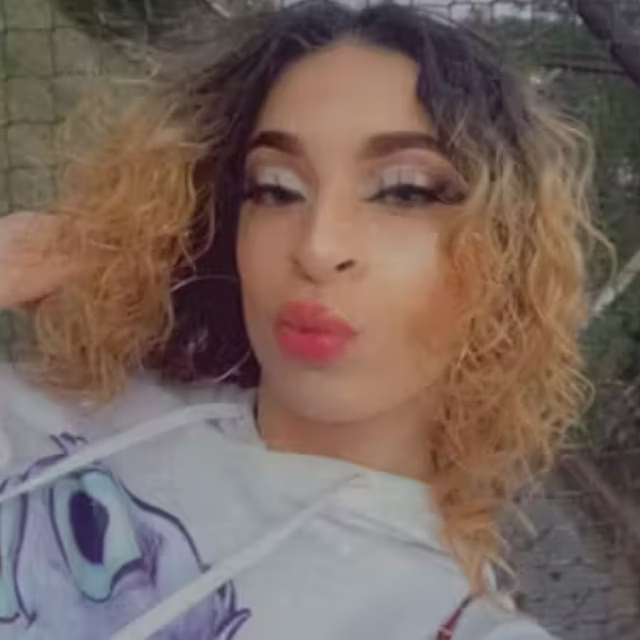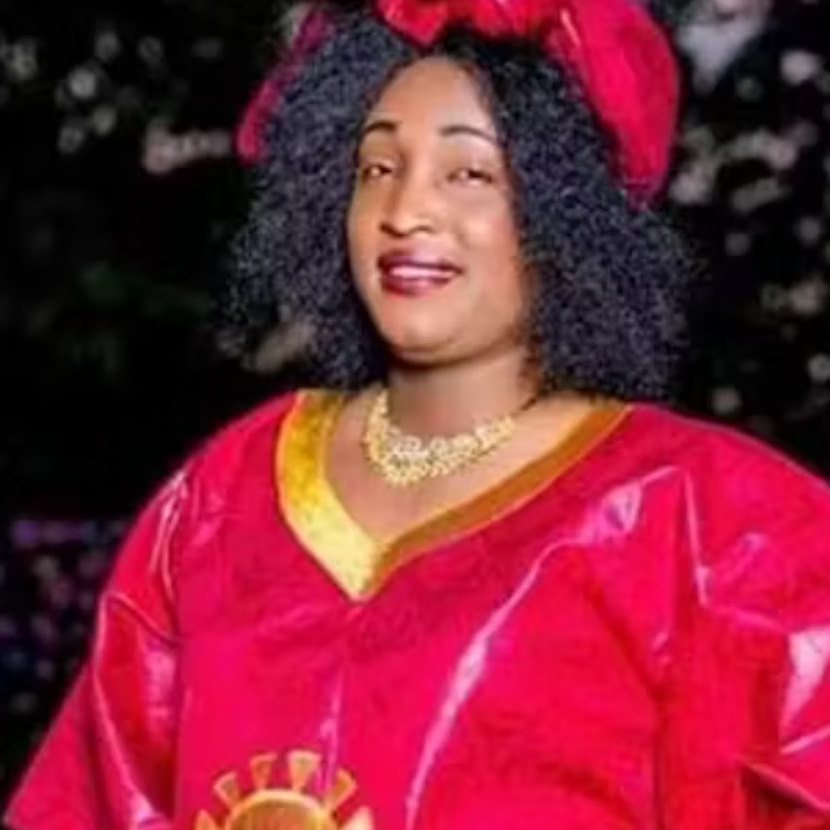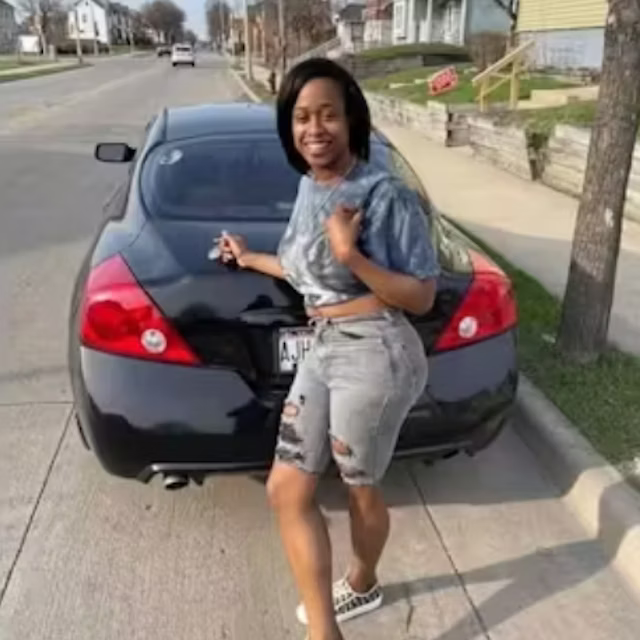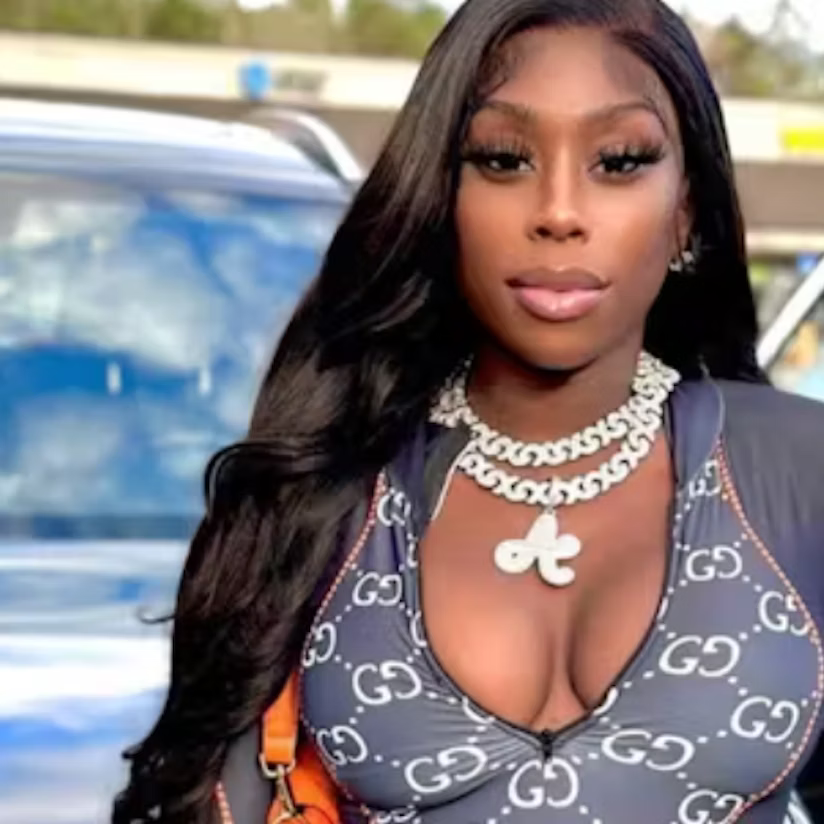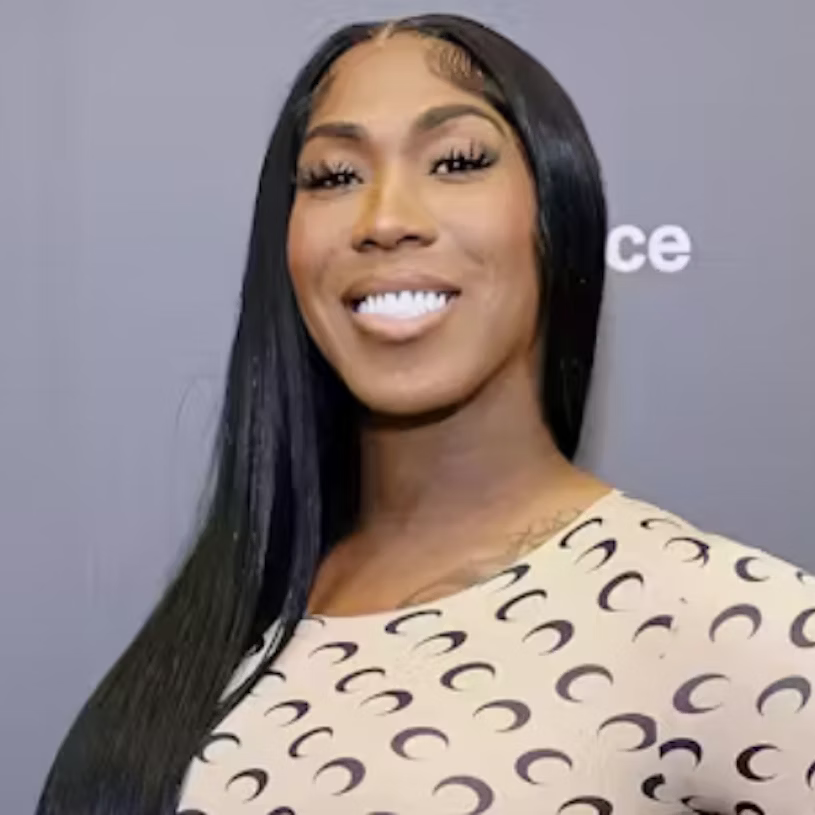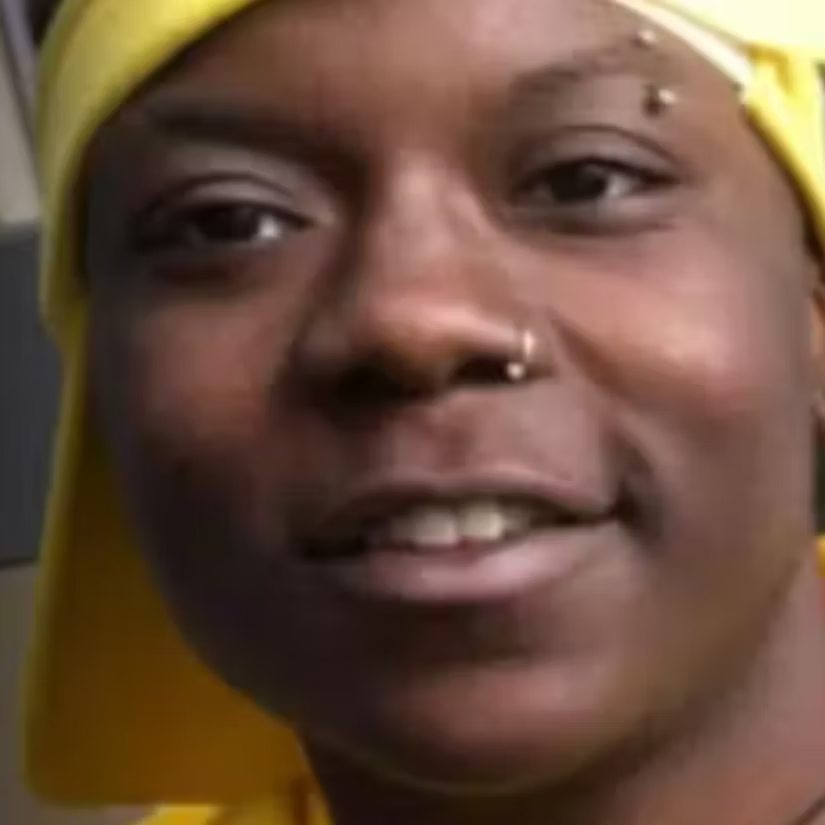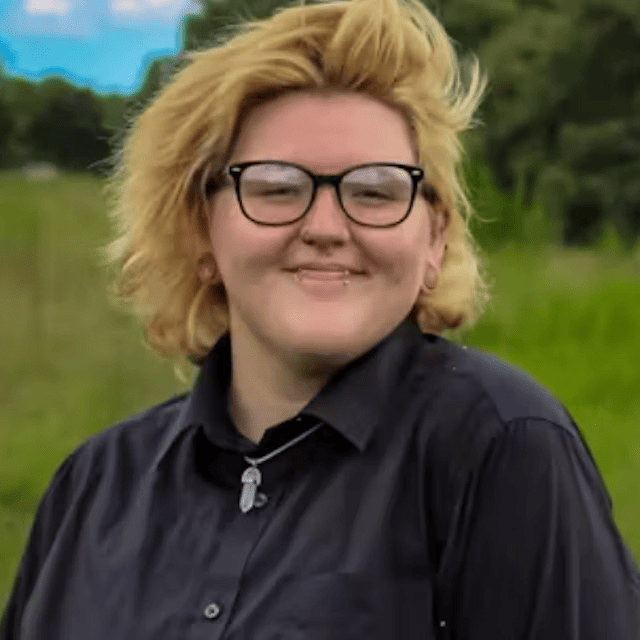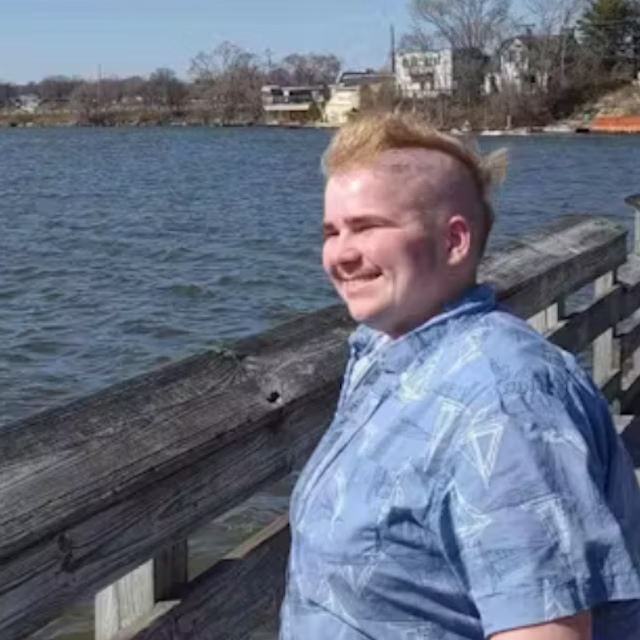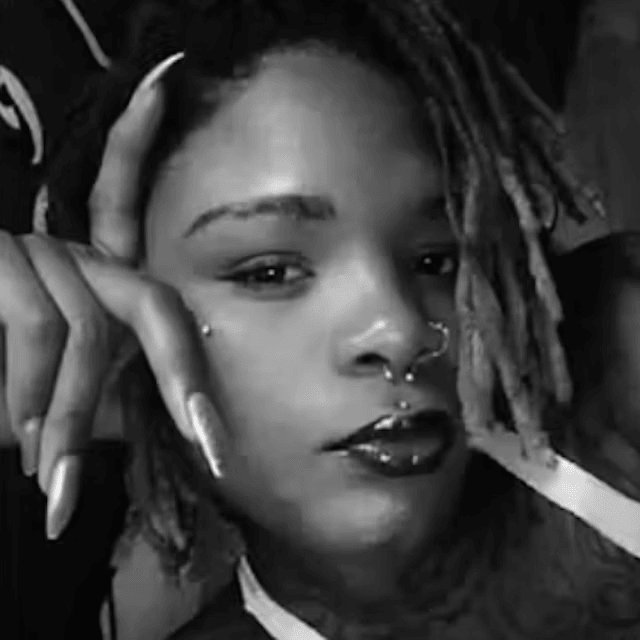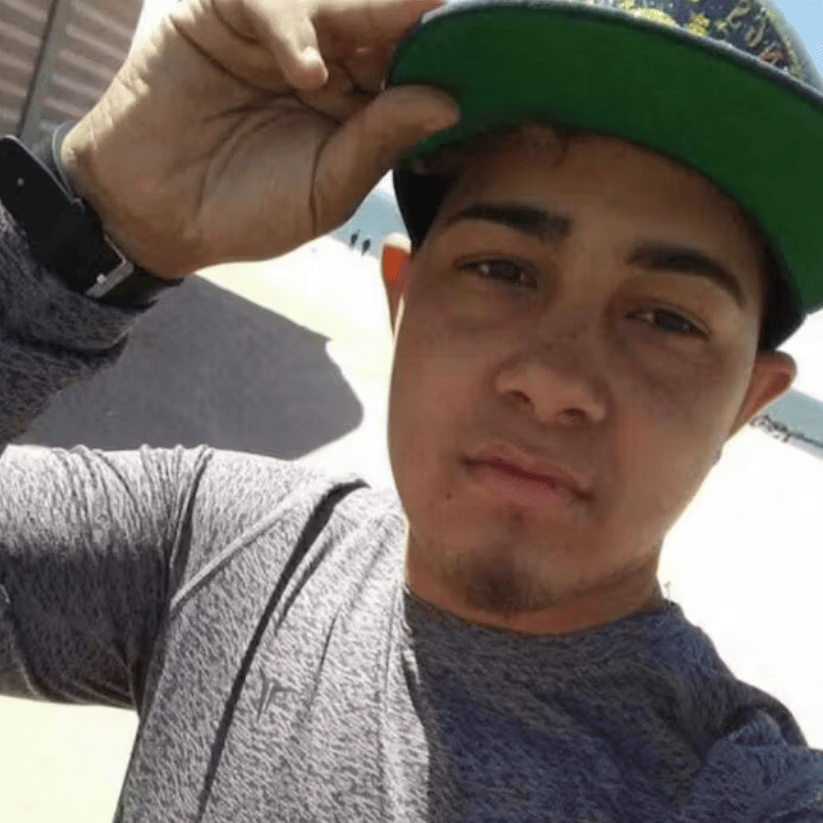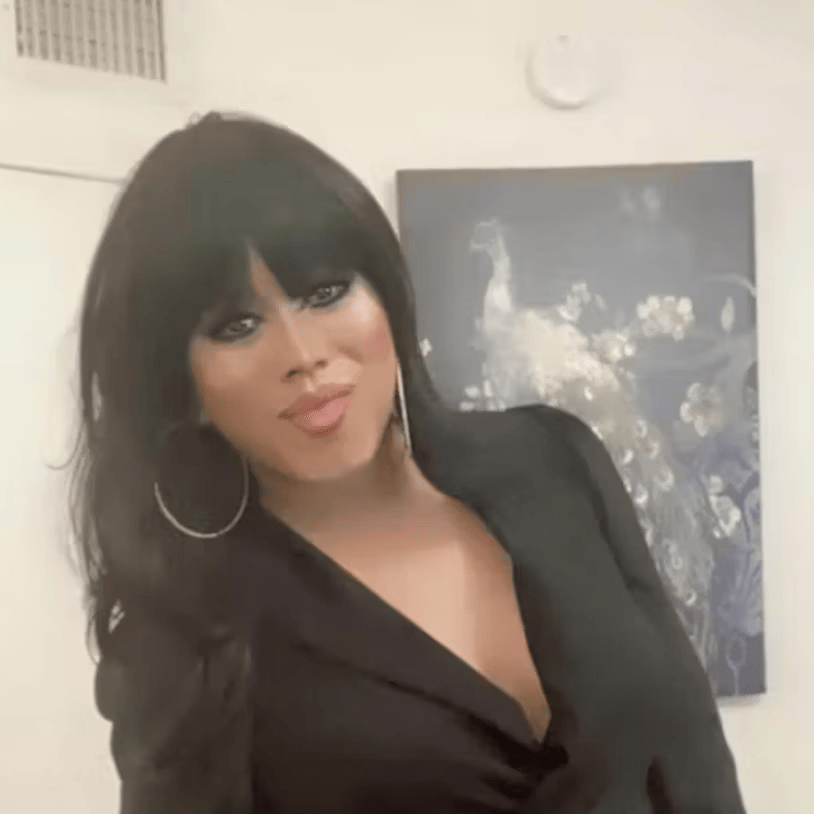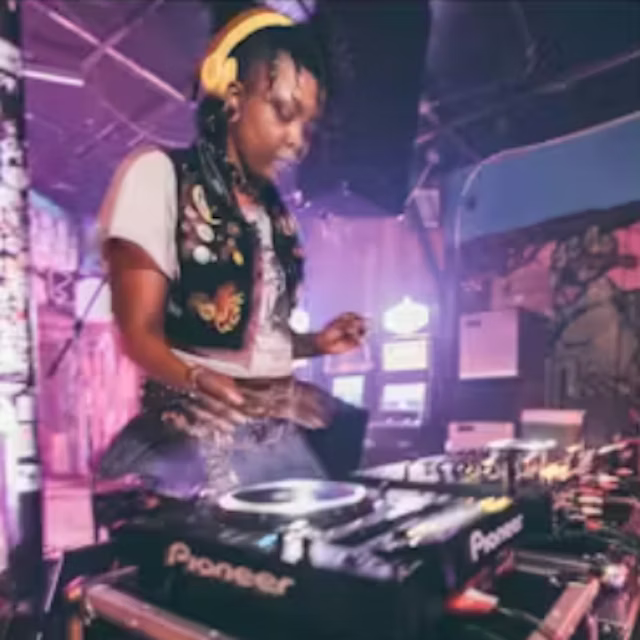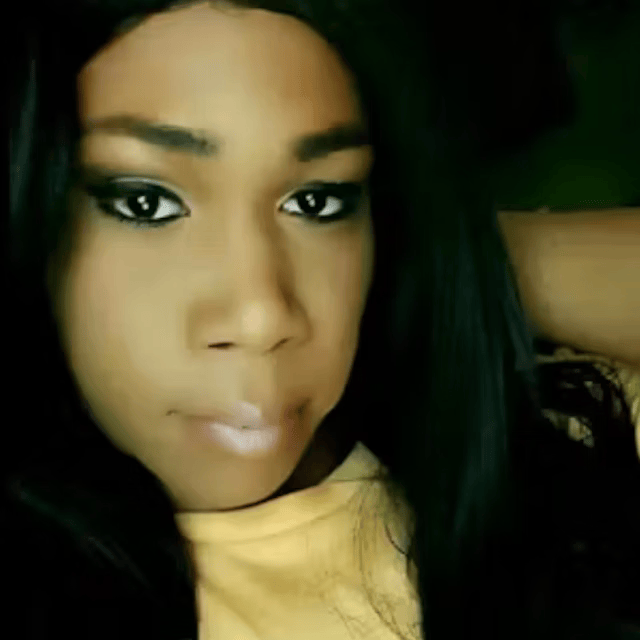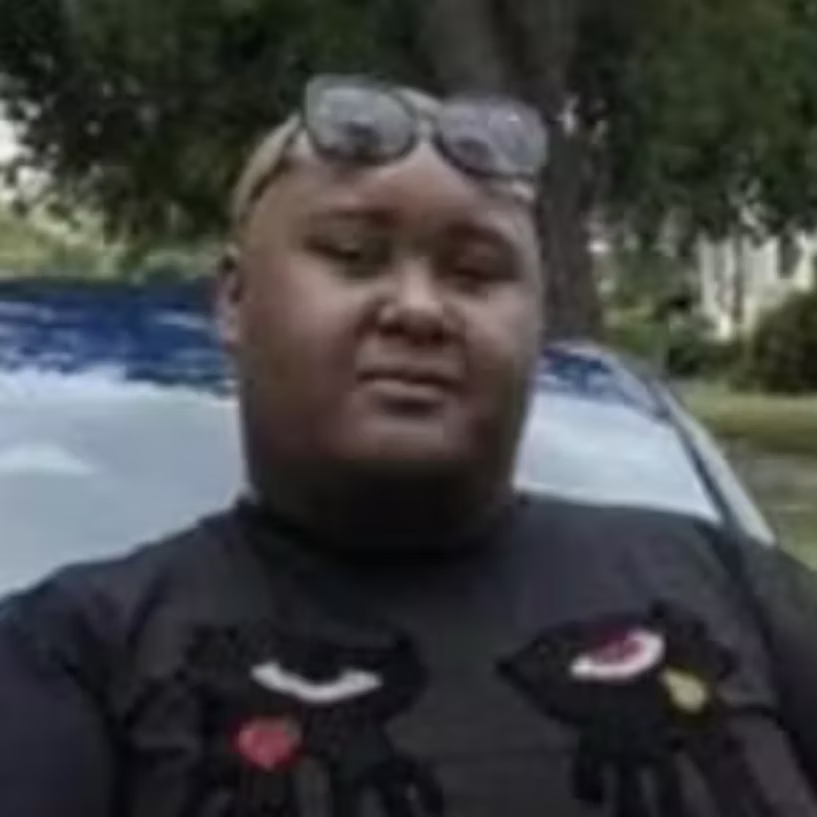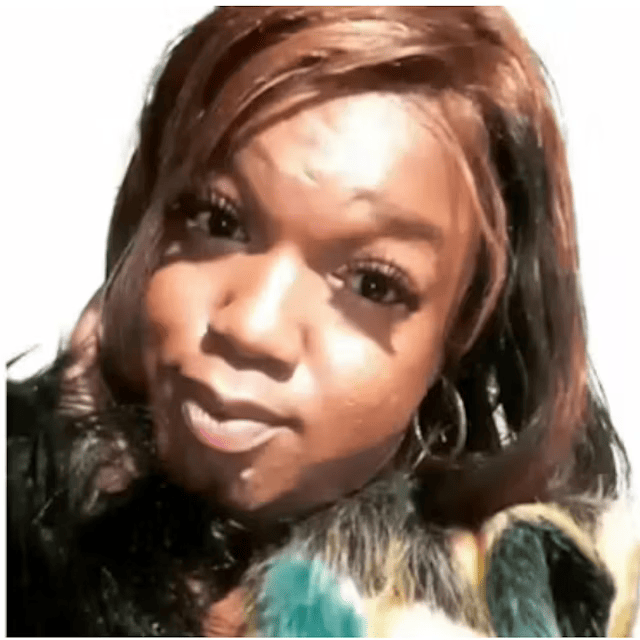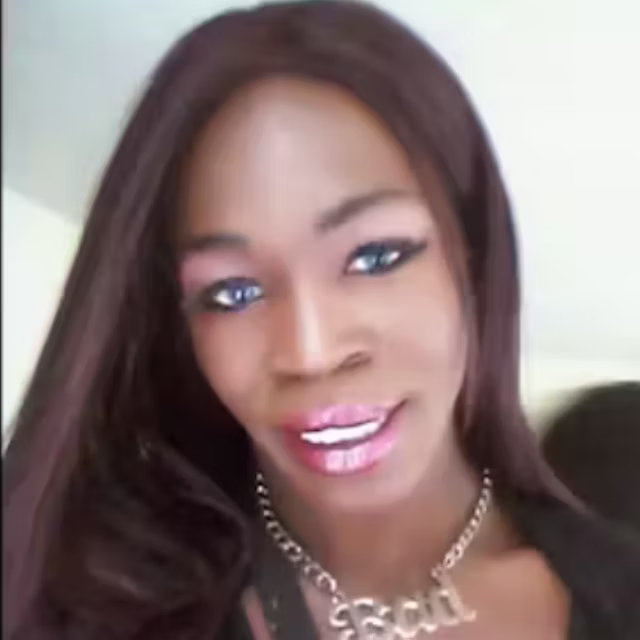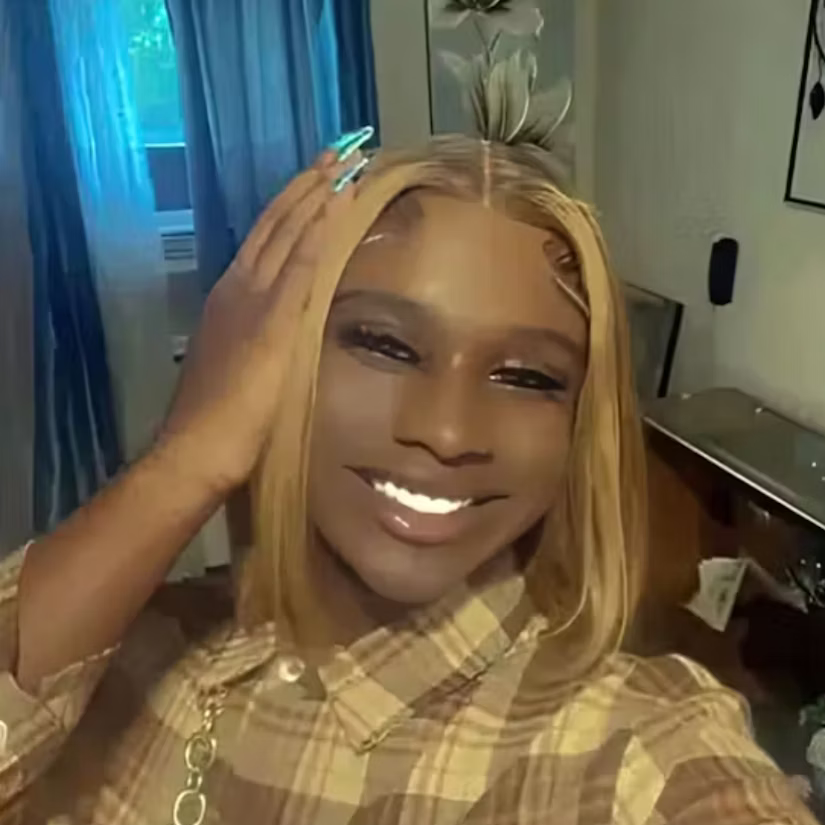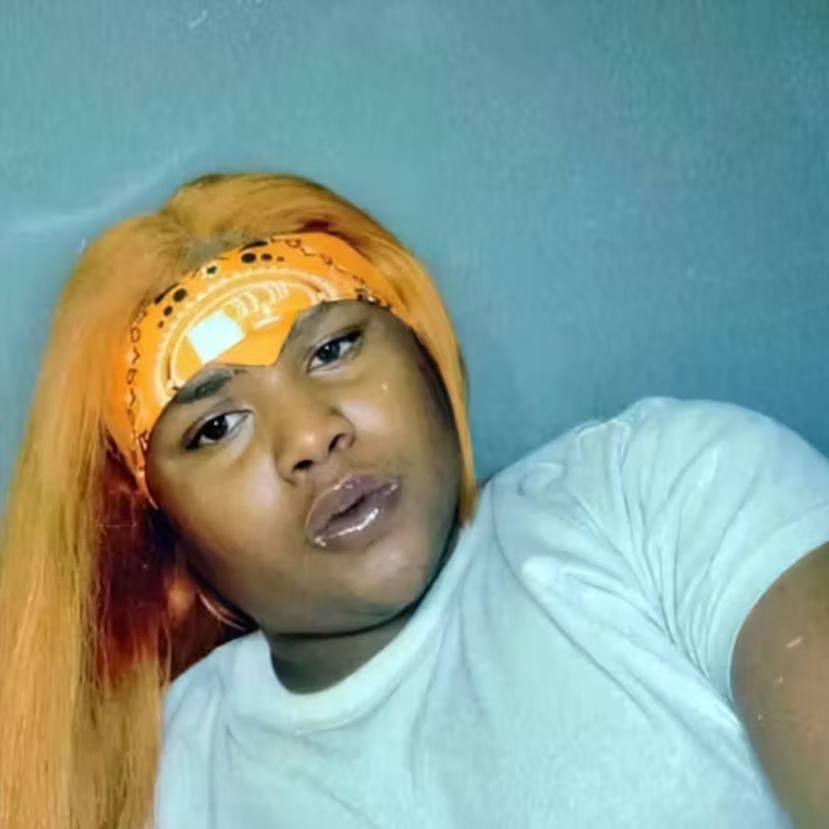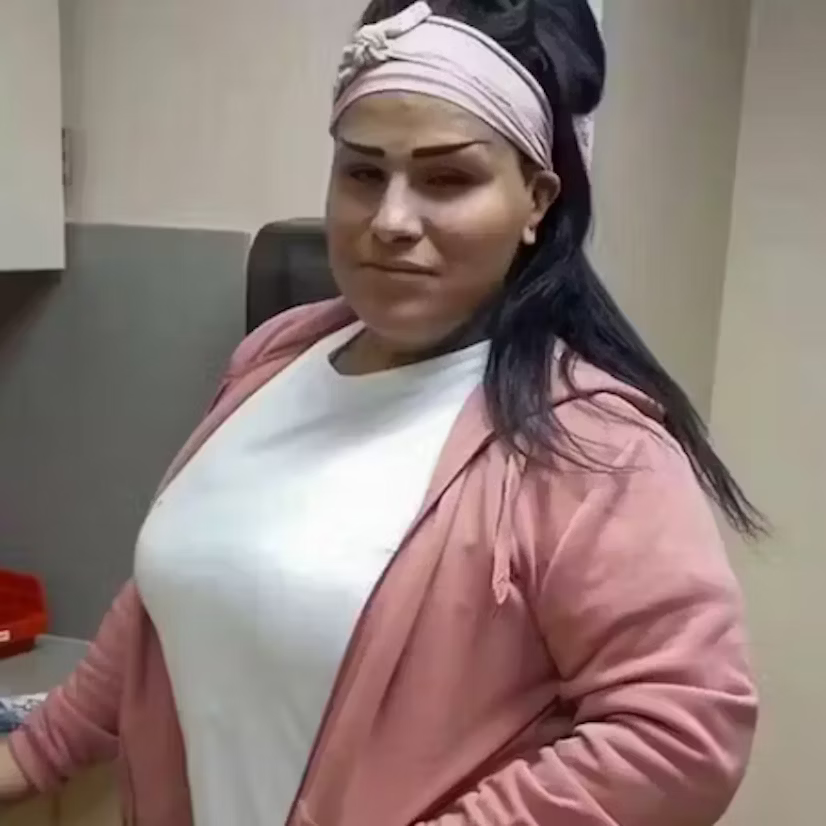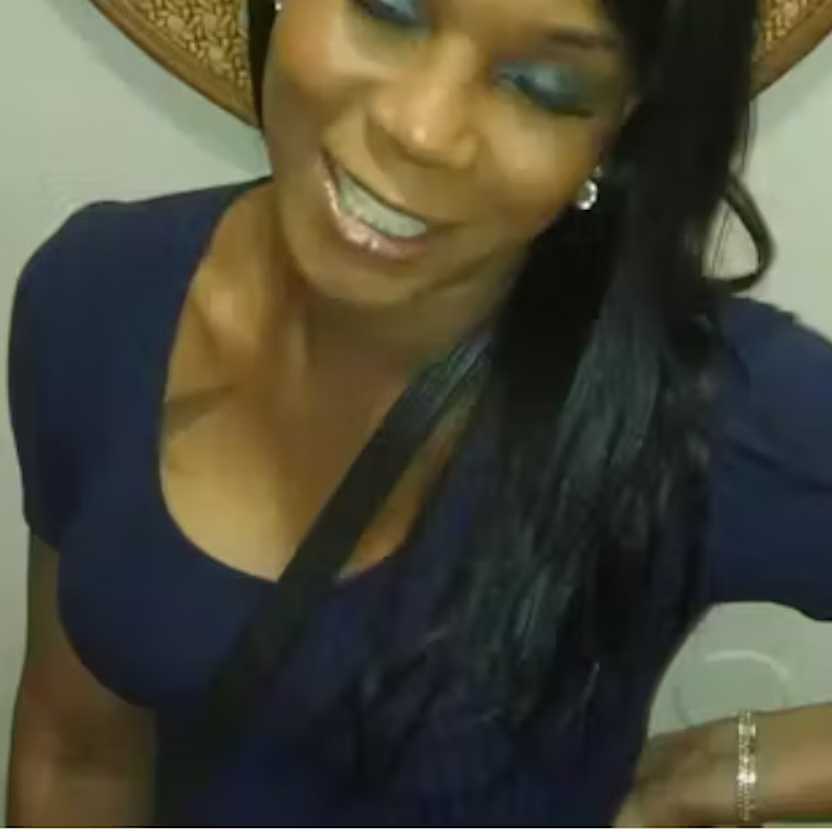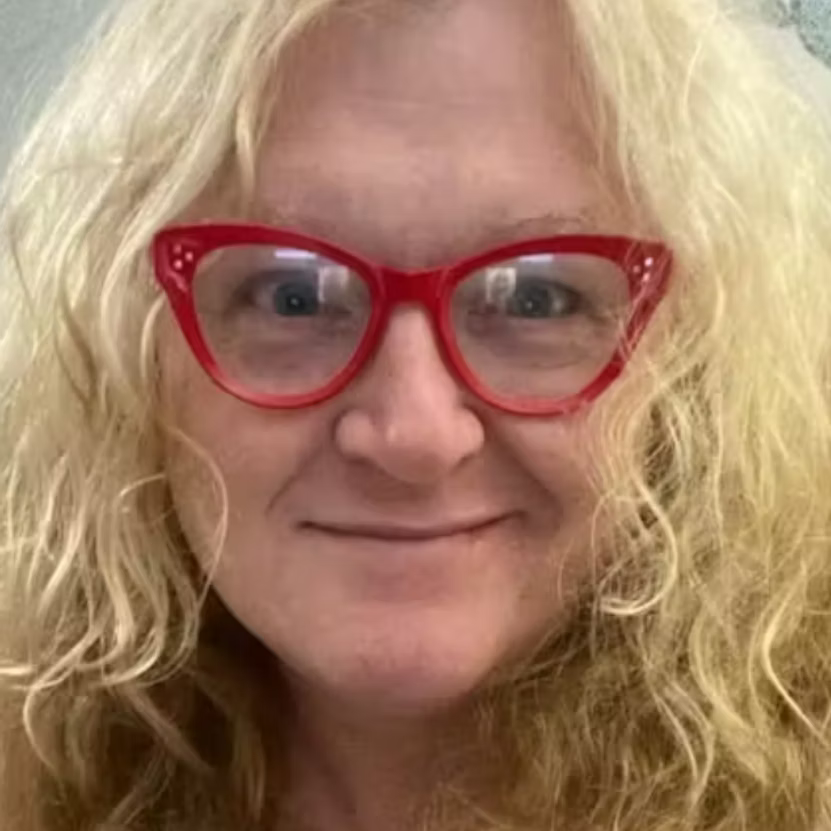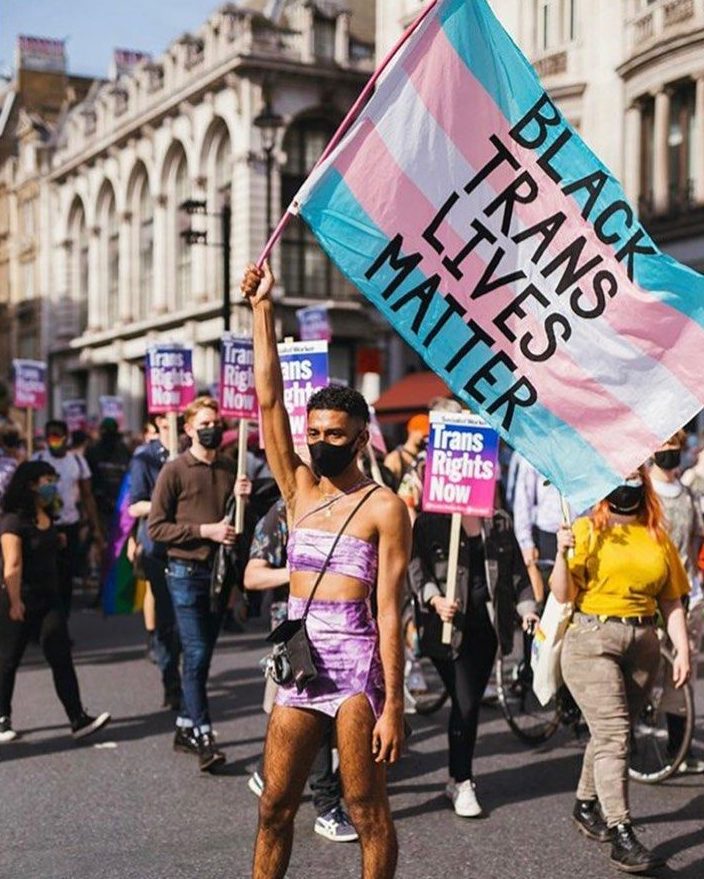
How LGBTQ+ Youth Build Collective Power: An Interview with the Founders of OutVote (Part 2)
Introduction by Emma Buchman (Magpie Editor)
As a member of the LGBTQIA+ community and a wannabe historian obsessed with Dr. Alan Turing, I am acutely aware of the losses that our community has suffered. Over millennia of oppression across different cultures and societies, queer and trans people have lost countless years of intimacy, love, and livelihood. More specifically, they have had this time stolen from them by homophobic and transphobic systems.
As a community organizer, I am also aware that Black and Brown members of our community suffer disproportionate marginalization and abuse compared to their white counterparts. The most vulnerable population in the U.S. is the trans Black woman, forced to constantly confront three different, unique intersections of social discrimination.
It is both morally correct and just good strategy to center racial justice in advocacy initiatives. Research has shown that when you approach philanthropy and organizing through a lens of racial equity, you will be more successful long-term and actually get to the people who mist need systemic change.
This is one of many reasons why my conversation with Isaac James & Ranen Miao, the co-founders of OutVote, was so refreshing. They embrace bringing people from the back benches to the front. In fact, they prioritize it. As you’ll read in our interview below, the OutVote team organizes with the most vulnerable people in the LGBTQIA+ community in mind: Black and Brown trans women.
As Isaac points out, one of OutVote’s biggest challenges is being taken seriously because of their youth. To those who do not take OutVote or any other driven, youth-led organization fighting for systemic change, I say: do so at your own peril. These activists know how to play the long game, and they will win it.
*This interview has been edited for brevity and clarity.*
TW: discussions of hate crimes, including murder
~~~~~~~~~~~~~~~~~~~~~~~~~~~~~~~~~~~~~~~~~~~~~~~~~~~~~~~~~~~~~~~~~
Emma Buchman, she/her (Magpie Editor):
What are the biggest challenges you’ve faced with OutVote’s work so far?
Isaac James, he/him (Co-founder of OutVote):
Yeah, good question. I think the biggest obstacle is one of learning and adjusting to what it means to lead a new organization as young people.
It’s an obstacle to be taken seriously… We’re in an era where Gen Z is often looked down upon as young people who don’t really know what they’re talking about, or who are overly lazy, or don’t have the drive or work ethic to do things substantively. So that is absolutely an obstacle, to be taken seriously; but we have an incredible network of support and mentors and leaders who we look up to that have allowed us to thrive, all things in spite of the fact that many might not take us seriously.
A few people that come to mind are Jorge Valencia, CEO of Point Foundation, our first donor who has connected us to countless organizations, including the Human Rights Campaign. We’re a part of the HRC’s inaugural Pride to the Polls coalition led by Orlando Gonzales at the HRC Foundation, another example of leaders in these really established positions taking us seriously and empowering us to lead with joy and support and compassion.
I would say those are just a few obstacles. You know, as any new founders, we are learning what it means to onboard new fellows and hire people and build a budget that is sustainable and long lasting. Asking people for money is terrifying, but I think I can speak for myself and Ranen when I say that we’ve learned so much just in these few months of working.
I think we are getting even closer to perfecting and really amplifying the work we’re able to do as founders of a new organization led by young people. These obstacles absolutely exist disproportionately for individuals of color, other young people, queer and trans people across the United States. I think we just are lucky to have the support that we do and look forward to continuing to work together to perfect and overcome these obstacles that exist.
~~~~~~~~~~~~~~~~~~~~~~~~~~~~~~~~~~~~~~~~~~~~~~~~~~~~~~~~~~~~~~~~~
“75 percent of Black-led organizations and 82 percent of all BIPOC-led organizations received foundation funding in 2021, compared with 86 percent of white-led organizations, according to a survey released today by the Nonprofit Finance Fund. Likewise, 58 percent of BIPOC-led organizations received corporate donations in 2021, compared with 71 percent of white-led groups.”
~The Chronicle of Philanthropy~
~~~~~~~~~~~~~~~~~~~~~~~~~~~~~~~~~~~~~~~~~~~~~~~~~~~~~~~~~~~~~~~~~
Ranen Miao, he/him (co-founder of OutVote):
Yeah, Isaac said it perfectly.
Emma:
I’m going a little bit back in history now just for a sec, because one of you mentioned earlier about the really amazing civic engagement of the LGBTQ+ community during the HIV/AIDS pandemic… And the LGBTQ community has, in general, a very robust history of community organizing and civic engagement.
Are there any specific past historical initiatives or people that you evoke in OutVote’s work or that you use as a roadmap?
Isaac:
The one that stands out immediately and comes to mind first is Rock the Vote, which I believe was an LGBTQ-led voter engagement movement that really did engage the community in a substantial way, in a manner that hadn’t been done before. It’s no longer operating in the same way that it used to. I believe it was in the ’90s and early 2000s that Rock the Vote was a youth-focused, LGBTQ-focused voting campaign.
That’s the first thing I can think of. Ranen, are there others that maybe stand out to you?
Ranen:
There was a big one that we heard of early on in our work about how LGBTQ community centers through Centrelink were able to do organizing, I believe in the nineties, around voter registration at community centers. But that was a one election cycle grant, I think the money ran out and that programming stopped. But that’s a great example of an organization that was trying to meet LGBTQ folks where they’re at. That’s the type of energy that we are trying to channel.
In terms of specific people, honestly, I would say that I am most deeply inspired by the people who I meet every day in this work. I feel like it’s such a cop out answer! I wake up, I see our executive board, I am thrilled to see the work that they’re doing within their own communities.
I think I get to work with the coolest people of all time. Isaac is doing awesome work in the United Kingdom.
One of our team members, Jenna, who’s designing our programming curriculum, is a senior at Duke University, a Robertson Scholar. She is someone who is brilliant, and doing work with the LGBT History Project. She is a leader on her campus and in her community, also a Point scholar.
Jo, our coalitions and outreach member, who is completing their Masters in Human Rights at Columbia right now.
Armando, who is starting law school while also being the youngest LGBTQ elected official in the state of Arizona.
Camille, who is our incredible communications director and a student government leader at Johns Hopkins where she’s getting a Master’s…
My team and the people who I get to interact with every single day inspire me and are the reason why I get out of bed every morning and feel inspired to do this work.
The OutVote Team!
Emma:
I love that. I don’t think that’s a cop out answer if that’s the true answer!
Isaac, I just wanted to zero in on the UK for a second. I’m an Anglophile, and I’ve also done political work in the UK. I was an intern for Diane Abbott MP for a little bit during Brexit. So, I wanted to ask… do you notice that representation of the LGBTQIA+ community is better or worse in one place or another? Do you see any huge differences in the UK and in the work that you’re doing there versus the United States?
Isaac:
Yeah, that’s a really good question. It really underscores the reason I wanted to go to the United Kingdom to study Women’s Gender and Sexuality Studies and Public Policy because, sure, it is an English-speaking country, but their approach to marginalized identities is just really overtly different from the United States.
The example that stands out the most is their really antagonistic relationship with transgender identity. You can see this really clearly with outspoken celebrities including JK Rowling, or Labour politicians. Across the spectrum, media, politicians, and celebrities in the United Kingdom are much more overtly transphobic.
There’s a reason I believe activists call the UK “TERF Island”, right? It’s just much harder to be trans in the United Kingdom. I don’t speak from personal experience, so I don’t want to give that implication. But from my trans friends in the UK and studying LGBTQ Studies in the UK, I absolutely believe there is a difference.
It’s given me a perspective that I hope to translate into even more effective and meaningful advocacy back in the United States, where I eventually hope to build my career.
Emma:
Awesome. Thank you for that answer, I’ve noticed that too…
This is for both of you again: what are OutVote’s plans for after the election? You’ve spoken a lot about your goals for building momentum for afterwards and keeping track of the volunteers and fellows that you have right now. What are your eventual plans with that?
Ranen:
We’re interested in continuing to build our network and our community. For next year, we’re hoping to continue our fellowship program in Virginia and New Jersey. They’re the only two American states that will be hosting state legislative elections in 2025.
Then in 2026, we want to scale to become a national program to make sure that students and LGBTQIA folks from all across the country are able to get involved with our fellowship and ambassador program, and support the candidates and campaigns and democratic turnout in their own communities.
I know that Isaac and I are both interested in eventually becoming full-time in doing this work as our jobs. We are really passionate and committed to making sure that LGBTQIA voices are heard in both civic engagement and democracy spaces, and that voting and civic engagement is an essential part of the work that LGBTQIA organizations are doing.
We really believe in this mission. Our goal would be to eventually go full-time, have a 501(c)(3) organization that we’re able to dedicate our work to, and continue connecting with members of our community and building the impact that we know OutVote will be able to do over the course of the next few years.
Isaac:
Yes, what Ranen said.
Emma:
Awesome! I kept wanting to ask this earlier… when I asked about the biggest challenges you’ve faced – and Isaac, you’re mentioning the transphobia in the UK reinforces this question – have there been any safety concerns for you guys in the work you’re doing?
Isaac:
Speaking from personal experience – and noting specifically that as a cis white gay man in this space, it’s a lot easier for me to navigate advocacy spaces and be outspoken in my activism – I want to speak for myself and say that I have not personally faced any type of pushback through OutVote.
Although, you know, growing up in Texas there were many, many experiences where institutional leaders or individuals generally in positions of power were really unsupportive of the LGBTQ students at their school, whether that was at public school or in a high school or university. I absolutely have faced that type of resistance to policy change and advocacy.
But again, noting the privileged identity I hold in the work I’m able to do absolutely gives me a sense of safety that many others in the community don’t have.
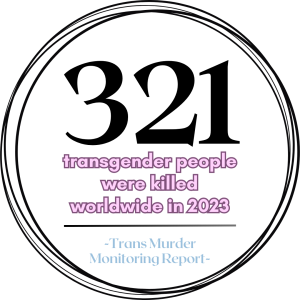
Ranen:
Yeah, I agree with Isaac. I think being cis men doing this work, we are not the most vulnerable populations.
I want to highlight that in 2023, there were 32 transgender and gender expansive people who were killed.
This is part of a trend of anti-trans violence that both saddens us, and galvanizes our work; because we need to build a world in which everyone is safe. 84% of those folks were people of color, 50% of whom were Black and trans women.
So we see our work as being grounded in making sure that we’re building the world and the society that we need to tackle transphobia and homophobia and the type of violence that impacts our community, especially those that are most vulnerable.
Emma:
Amazing. Following up on that, I think we’ve seen a larger backlash against the LGBTQIA+ community in recent years, and more blatant attempts at using transphobia and homophobia in order to villainize or demonize people, particularly the [LGBTQIA+] community itself.
How do you see the trajectory for equity for the LGBTQIA+ community going in the next few years? Do you see that winding down? Do you see it increasing? What do you think?
Isaac:
Personally, I’m really optimistic that the work that Outvote is building upon – like Ranen has mentioned previously, decades of existing activism and advocacy that – encourages more policy change and LGBTQ people standing up for their needs and their rights.
I’m hopeful that we will continue to elect leaders that are even more progressive on issues of LGBTQ equality, as this election season approaches and future election seasons approach.
That being said, I am a perpetual optimist. I’m always hoping and thinking that things will get better and be better… Like we’ve mentioned previously, trans rights in schools and gender affirming healthcare, et cetera, has really faced this dramatic pushback in the face of right-wing extremism and fear mongering.
So, although I am hopeful, that hope comes on the back of a hesitance and a true… <pause> …fear sounds like a strong word, but anyways, I’m hopeful that the pendulum is swinging the other direction and we can move beyond this recent era of rights restrictions that have resulted from this extreme right-wing agenda.
The 33 transgender and gender expansive people reported murdered in the U.S. and U.K. in 2023.
All photos and information on U.S. victims are from the Human Rights Campaign. Brianna Ghey’s photo comes courtesy of the Cheshire Police.
Ranen:
Totally agree with Isaac. I am also optimistic, but I think the difference from maybe three years ago, me feeling that the world will move in the right direction, is now – we are in the driver’s seat, and we are actively part of making that change and driving that change forward.
There have been areas where we have made remarkable gains, including in public opinion regarding LGBTQIA folks, having our first openly transgender member highest-ranking member of the government, the Biden administration having the first openly gay cabinet secretary, having openly LGBTQIA members of Congress, hopefully, soon, having our first transgender member of Congress.
There is a lot of work to be done as well in terms of tackling public opinion, and especially misconceptions, about trans rights.
One of the things that I know we are going to continue working on is how to build solidarity and commitment in our community to make sure that we’re not just focused on the policies that will impact ourselves, but on the policies that will impact everyone in our community. That means for me, for example, as a cis gay man, not just caring about the future of marriage equality or gay adoption rights; but also being really committed to making sure that trans women are able to compete in women’s sports, that trans folks are able to use the restrooms that align with their gender, that we are building a world in which everyone is able to access the healthcare that they need, whether it be reproductive care or gender affirming healthcare.
These are lifesaving forms of healthcare that we need to continue to fight for.
Some of these are definitely issues in which we are not on popular side right now, but like we’ve seen with marriage equality, it is only through having tough conversations, mobilizing our community towards enhancing the visibility of members of our community who have for too long been silenced and ignored, and making sure that we are pushing forward an agenda that is inclusive and that reaches people from all aspects of our country that we’re able to make that future happen.
It’s through this work that I am more both deeply hopeful and deeply optimistic about what the future has in store for us.
Emma:
I’m really happy to hear that, because I’m also cautiously optimistic. This is what generally happens when you accomplish good things, bad people want to detract from it, and people who don’t understand want to detract from it. For me, this is just… the death rattles of the patriarchy, and they’re gonna just keep rattling for a while until we finally knock it out <laugh>.
Are there certain LGBTQIA+ issues that people are more willing to get on board with or discuss above others? A few years ago I read a paper that said that there are some topics that people are more willing to discuss about queer and trans rights than others. Have you noticed that at all?
Isaac:
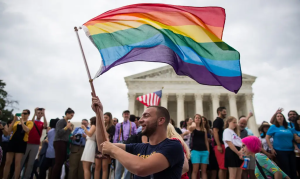
Just in the past 10 years, I think it’s really clear to see that there’s some issues related to LGBTQ equality that are so much more palatable to the public, and like you said, the patriarchy we live under. Prime example being marriage equality, right? That was something that was able to be accepted and understood and supported, now by a majority of the public.
While other issues such as rights related to trans minors, gender-affirming healthcare, transgender students’ ability to use the restroom of their choice and the school sports team of their choice; individuals, states, governments, and institutions are much less interested in discussing the rights of trans people.
…I hope part of this next era of the LGBTQ Rights movement is ensuring that there is no discrepancy among LGBTQ rights from one aspect of the community to another. There’s a lot of work to be done and I think all of our shared liberation is tied together. It’s not that one side of the community should have more rights than the other. I think we all need to keep that in mind, especially those of us that hold more privileged identities as we continue our activism work.
Ranen:
Yeah, definitely… I think like Isaac said, building a world in which those discrepancies don’t exist is really important.
I think another area where we’ve seen this kind of progression is in terms of LGBTQIA folks serving the military. After they repealed “Don’t Ask, Don’t Tell”, we know that there’s a lot more support for making sure that both gay and trans people are able to openly serve in the military, both amongst Democrats and Republicans. That is a policy that has broad support.
It’s still a policy we need to fight for, because another Trump administration and Project 2025 wants to make it so that trans folks cannot openly serve in the US military.
But we’re also thinking about the issues that might not be in the popular imagination yet, or might not be issues that people broadly understand yet. Those are the issues that are the next phase for our movement to make sure we are reaching people in a way that we’re meeting them where they’re at.
One example I want to give is in Missouri: one of the policies that we were analyzing was about how people view trans rights and what are some of the gaps and barriers that still exist in terms of messaging and making sure that people understand what policies politicians are proposing.
Two things really stick out to me. Number one, currently a lot of the messaging on trans rights, a lot of communities of color perceive to be a white issue. I think that’s a huge problem, because there are obviously people of every single racial and gender background who are experiencing discrimination because of anti-LGBTQ policies. A lot of anti-trans policies are explicitly rooted in things like anti-Blackness, as we recently saw with the Olympics and the barring of an Algerian athlete who is a cis woman from being able to participate.
The controversy that has resulted, but also recognizing that these issues are intersectional and that they haven’t been talked about in an intersectional way, is a really important note for our community and for advocates who want to do this work to make sure that all communities are on board.
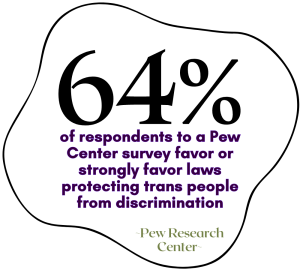
The second thing is, even if the popular support is not there yet for some policies like we’ve seen with others within our community, the polling does show us that the majority of Americans do not support the scapegoating and the transphobia and the homophobia that some politicians are running on (on both sides of the aisle, but explicitly with one party more than the other). The fact that LGBTQIA folks are being attacked and scapegoated is not a winning message for Americans who primarily care about things like their economic futures, their job security, peace, and stability.
LGBTQIA people, like all Americans, just want to live lives in which they are free to be who they are; where they see the healthcare that they are entitled to and deserve without interference from the government; where they lead lives of dignity without being profiled, discriminated against, harassed, or attacked for who they are. That is a message that broadly resonates with people, and that is very true to the core of what the LGBTQIA movement is. It’s about aspiring for, like Isaac said, liberation, dignity, and justice for all people who identify as LGBTQIA, and people who don’t identify as LGBTQIA.
It’s a fight for human dignity that we are a part of.
Emma:
I love that so much. I had one final question: what can our audience do to support OutVote’s mission?
Isaac:
Yeah, a few immediate ideas come to mind.
First is just spreading the word. As a new organization, it’s a constant effort to get on the minds and radars of not just bigger organizations or other activists in the field, but just anyone interested in supporting this fight for LGBTQ civic engagement in a sustainable, long-term capacity. So spreading the word to people you know who might be interested in learning more, whether that looks like financial support – as a new organization, we’re always looking to ensure that we have sustained capacity building for future growth. Like Ranen said, we hope to expand to have a more national focus after this election cycle.
Also, talking to young people you know who could be interested in serving as OutVote ambassadors or OutVote fellows in our next recruitment season. Anyone who has a stake or an interest or an investment in the wellbeing of LGBTQ people and believes in the power of civic engagement, please share and support and learn more.
And follow us on Instagram! <laugh>.
Ranen:
I think Isaac said it perfectly; and shameless plug, obviously, to stay involved with seeing when we are recruiting for ambassadors and fellows. We’ll be recruiting for ambassadors all year long. When we’re recruiting for fellows in New Jersey and Virginia, if you are interested or you know anyone who is interested, please send our application along!
Emma:
I’ll definitely do that!
~~~~~~~~~~~~~~~~~~~~~~~~~~~~~~~~~~~~~~~~~~~~~~~~~~~~~~~~~~~~~~~~~
Thanks for reading. 😎
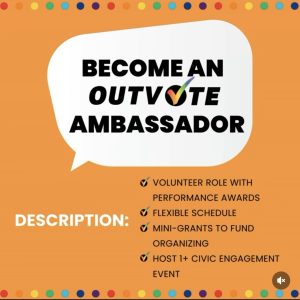
~
References/Sources:
- “Americans’ Complex Views on Gender Identity and Transgender Issues”
- “Beaten, Stabbed And Shot: 320 Trans People Killed In 2023 – New Monitoring Report”
- “Fatal Violence Against the Transgender and Gender-Expansive Community in 2023”
- “Trans Murder Monitoring 2023 Global Update”
